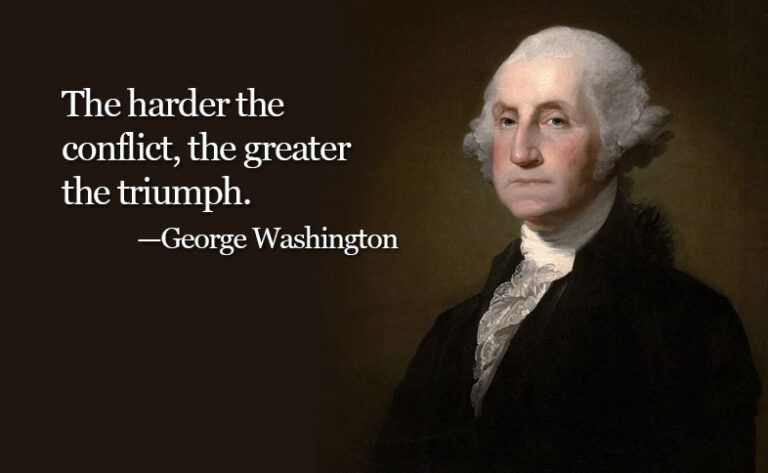Athletes of all sorts, from neighborhood pickle ball players to Olympians, seem to be in touch with something special when it comes to positive thinking. After all, the values involved with sports performance—perseverance, goal-setting, coping with frustration and disappointment, celebrating success and working as a team—resonate with the ideals we strive for when we work on living positively.
It’s no surprise to learn that sports psychologists are being called in to support people in fields ranging from the military to business to health care and even the performing arts.
The techniques that come from “performance science,” as sports psychology is sometimes called, are not meant to address mental health challenges like clinical anxiety or depression. But for the stressors of life and for the goals of increasing positivity, resilience and self-confidence, the field has a lot to offer.
“When people feel they have mastery over themselves—over their minds, bodies, emotions, energy—their mental health and lives feel more in control,” Lennie Waite, a former Olympic athlete and a sport and performance psychology specialist recently told Women’s Health magazine.
Waite offers a number of approaches that anyone can use to benefit from sports psychology’s positive mindset. Here are three that might energize and inspire you today.
1) Pay Attention to Your Breathing
Intentional breathing is a calming practice you can do anywhere, anytime. Specifically, making your exhales longer than your inhales signals the brain to calm down, focus and lower your body’s reactivity to stressors big and small.
Swimmers practice this by breathing in deeply and then exhaling gradually until they feel they have to inhale again. Elongated breaths create space—space your mind and body can use to find helpful ways to cope with stress and move forward with positivity.
2) Try a “Pre-Performance Ritual”
Athletes prepare for competition in a number of ways, from laying out their uniforms just so, to giving themselves a mirror pep-talk, to doing a set of movements that pump them up to perform their best. Waite recommends a pre-performance ritual that involves visualization.
Whether you’re prepping for an actual athletic competition, a challenging conversation or a fun-but-energy-heavy activity like a family reunion, visualize how you hope the event will go. And get specific—check in with all five of your senses to imagine in a holistic way how you will feel in the best-case scenario. This technique bolsters your confidence and inner peace as you enter into an experience—any experience.
3) Practice Gratitude—Out Loud
Athletes know the power and joy that comes from feeling the support and love of a cheering crowd. And with high-fives, applause and other good-sport habits, they have numerous ways to express congratulations and appreciation for teammates and opponents alike. It’s a healthy habit that can benefit you wherever you are.
Cheer on your friends and family members in any situation. Tell them what you appreciate and admire about them. And—perhaps most importantly of all—be grateful for yourself, your efforts, your resilience and your commitment to doing your best to grow, learn and act in ways that serve your positive goals.






